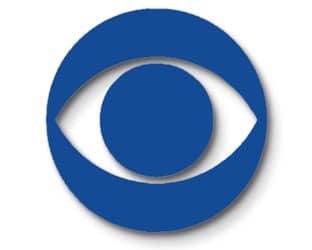According to an FCC Public Notice released Tuesday (1/24), CBS Corp. EVP/Government Affairs John Orlando on Jan. 17 met with representatives of then-Commissioner Ajit Pai and Commissioner Michael O’Rielly in an ex parte discussion focused on the company’s argument that the so-called UHF discount should be restored by the Commission.
Orlando met separately with Matthew Berry — then Pai’s Chief of Staff and now FCC Chief of Staff — and Robin Colwell, Chief of Staff and Senior Legal Advisor, Media to discuss an amendment to MB Docket No. 13.
On Sept. 7, the FCC abolished its 30-year-old UHF discount, in a 3-2 vote along party lines.
The Commission concluded that, “as a result of the DTV transition, the UHF discount can no longer be supported on technical grounds.”
GOP-aligned Commissioners Ajit Pai and Michael O’Rielly were the dissenters on the Commission.
There was also a bit of “dissent” outside the FCC, with one major owner of UHF stations particularly concerned, and that led the Commission to grant a petition for reconsideration of its Report and Order. The deadline for reply comments was Monday (1/23).
In the meetings, CBS asked that the Commission “act immediately to reinstate the UHF discount and that it do so without waiting to launch any further proceeding on other ownership issues.”
With a 2-1 majority and a new Commission led by Pai, this could very well happen.
Anne Lucey, SVP/Regulatory Policy at CBS, noted, “Time is of the essence in providing broadcasters the ownership breathing room they so desperately need to compete with other video services. Our industry has been frozen in time for more than three years, dating back to September 2013 when the NPRM in this proceeding was launched and we were effectively foreclosed from applying the UHF discount in calculating our compliance with the ownership rule.”
Since then, Lucey argues, “our video competitors have marched on unfettered by ownership limits. It is significant that the FCC makes many assumptions but fails to offer a shred of evidence that the public interest is in any way adversely affected by retaining the UHF discount, especially given the passage of time since the DTV transition, the point when UHF and VHF stations supposedly became technical equivalents. As Commissioner Pai asks in his dissent to the Commission’s elimination of the UHF discount: Is there any indication that any of the core objectives of the Commission’s media ownership policies — competition, diversity and localism — have been harmed?”
The answer is an unequivocal “no,” Lucey asserts, “as witnessed by the continuing delivery by broadcasters of high quality local and national news, public affairs, sports and entertainment programming to all Americans for free over the air.”
The UHF discount allowed the FCC to count 50% of a UHF station’s audience when determining the Commission’s 39% national ownership limit for television broadcasters.





